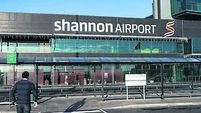Peacekeepers on alert for Kosovo funerals
Nato-led peacekeepers strengthened patrols to prevent unrest at the funerals of two ethnic Albanian boys whose drowning deaths sparked major violence in Kosovo.
Thousands of people were expected to attend the boys’ funerals today in the village of Cabra.














